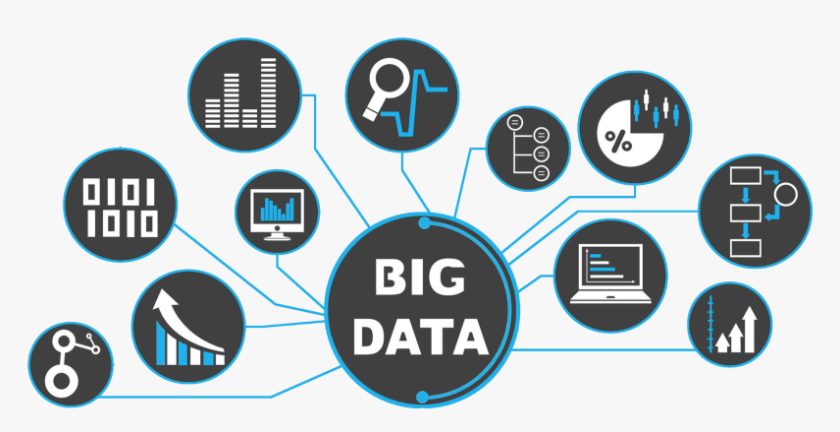Big data refers to information that cannot be stored or processed using traditional database systems, of usually large size, although smaller amounts of data can be also referred to as big data depending on the context in which it is being used. Big data is characterised by its frequency, variety, and volume. The process of generating meaningful insights, applied to individuals or businesses, out of these data sets refers to data science.
Today, most buildings in Nigeria are not 'smart'. Yet, buildings could generate massive amounts of data by using metering infrastructure, sensors, and even satellite imagery. Data generated from these sources can be used to produce insights and recommendations to decision-makers in order to save costs and reduce wastage.
Measuring various energy parameters, such as energy consumption, carbon emissions, energy wastage, etc is pivotal to generating such insights. Data science also helps understand buildings' performance and pinpoints to areas of improvement, such as the adjustment of energy behaviour by occupants. Another example is reflected by the global pandemic, which has led millions of businesses to either shut down or operate at a lower capacity. By assessing their energy costs per kWh (unit of energy), building managers are able to identify and reduce wastage in the new context of lower consumption.
The best way to better manage a building's energy is to do an energy audit. An energy audit is a holistic analysis of a building, its structure, and systems, with the aim to generate energy savings and sound investment decisions. In terms of process, the first step lies in collecting accurate and relevant data and assessing the building as a whole. Yet one of the challenges in measuring energy variables lies in having the right equipment and know-how accessible to managers. As a second step, the information needs to be adequately interpreted, so as to identify areas of energy savings and make the right investment decisions.
Making decisions without the right information and insights may cause financial risks. For instance, energy investment decisions that are based on 'intuition' can lead to purchasing oversized or undersized HVAC systems and generators for your buildings. On the other hand, making sound choices based on data can help generate savings on both capital and operating expenditure of up to 30%, as well as lengthening your equipment lifespan.
The process of using data science in assessing a building's energy consumption is fundamental and should be more widespread. Decision-makers shouldn't just rely on pure instinct to make investment decisions that have long-term implications. In the context of energy management, making use of data to make decisions can help save costs, and adequately size equipment.
